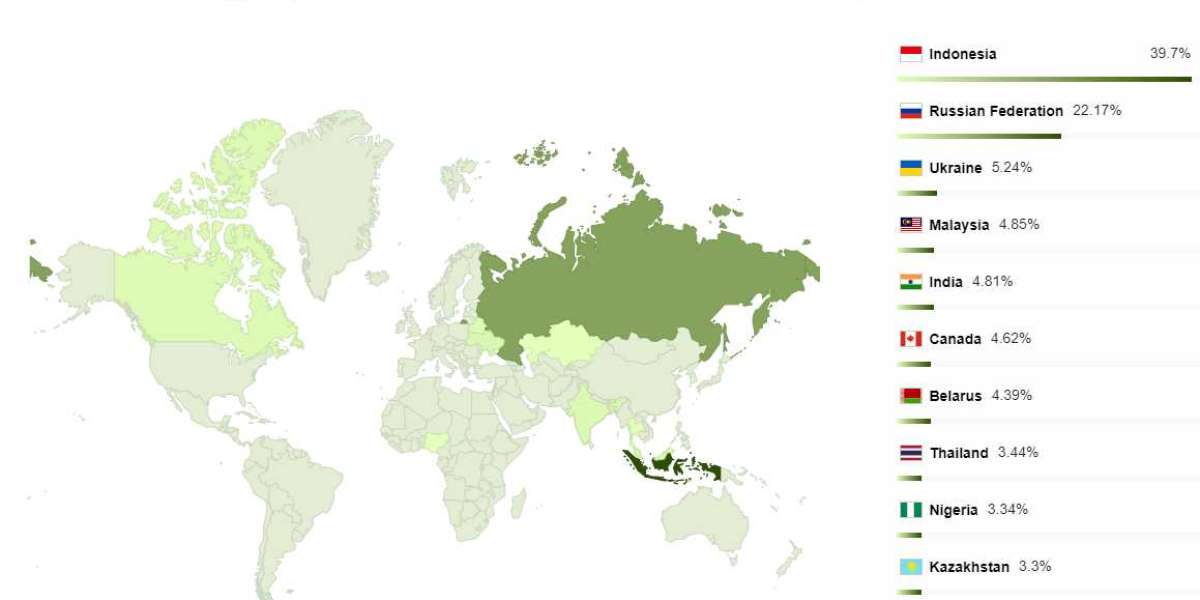Understanding the 510 Area Code: What You Need to Know
Are you curious about the 510 Area Code? Do you want to know what cities and towns it covers, how it came about, and how it affects you? If so, you’ve come to the right place. This article will explore the 510 area code in detail, including its history, geography, and usage. We’ll also discuss its impact on businesses, individuals, and communities. So, let’s get started!
Table of Contents
- Introduction
- What is the 510 area code?
- History of the 510 area code
- Cities and towns covered by the 510 area code
- Population and demographics of the 510 area code
- How to call the 510 area code
- How the 510 area code affects businesses
- How the 510 area code affects individuals
- How the 510 area code affects communities
- Future of the 510 area code
- Frequently Asked Questions
- Conclusion
- References
- Access More Prompts
What is the 510 area code?
The 510 area code is a telephone area code in the North American Numbering Plan (NANP) that covers a portion of the East Bay region of the San Francisco Bay Area in California, United States. The 510 area code was created on September 2, 1991, when it split from the 415 area code. The 510 area code covers the cities of Oakland, Berkeley, Hayward, and Fremont, as well as many smaller towns and communities.
History of the 510 area code
The 510 area code was created in response to the rapid growth of telephone usage in the San Francisco Bay Area during the late 1980s and early 1990s. The 415 area code, which had served the region since the 1940s, had become overwhelmed with demand, and a new area code was needed to relieve the strain.
The creation of the 510 area code was not without controversy, however. Many residents and businesses in the East Bay opposed the split from the 415 area code, fearing that it would disrupt established social and economic ties between the two regions. Nonetheless, the split proceeded as planned, and the 510 area code officially came into existence on September 2, 1991.
Cities and towns covered by the 510 area code
The 510 area code covers a diverse range of cities, towns, and communities in the East Bay region of the San Francisco Bay Area. Some of the major cities covered by the 510 area code include:
- Oakland
- Berkeley
- Hayward
- Fremont
- Alameda
- San Leandro
- Union City
- Newark
- Emeryville
In addition to these larger cities, the 510 area code also covers numerous smaller towns and unincorporated areas, such as Albany, Piedmont, and Castro Valley.
Population and demographics of the 510 area code
As of the 2020 United States Census, the population of the 510 area code was estimated to be over 2.8 million people. The 510 area code is known for its diversity, with a mix of ethnicities, cultures, and socioeconomic backgrounds represented among its residents. According to the US Census Bureau, the racial makeup of the 510 area code is approximately:
- 36% White
- 23% Asian
- 20% Hispanic or Latino
- 16% Black or African American
- 5% other races
How to call the 510 area code
To call a phone number with the 510 area code from within the United States, simply dial the 10-digit number (including the area code)
To call a phone number with the 510 area code from within the United States, simply dial the 10-digit number (including the area code) on your phone keypad. For international callers, you’ll need to dial your country’s exit code, followed by the United States’ country code (1), and then the 10-digit number with the 510 area code.
It’s important to note that when dialing within the 510 area code, you don’t need to include the area code if you are calling a number within the same area code. However, if you’re calling from outside the 510 area code, you’ll always need to include it.
How the 510 area code affects businesses
The 510 area code has a significant impact on businesses operating within its jurisdiction. With cities like Oakland and Berkeley being part of the area code, it becomes a hub of commercial activities, attracting various industries, including technology, healthcare, education, and more.
Businesses in the 510 area code benefit from the diverse and vibrant local economy. They have access to a large customer base, both within the area code and the broader San Francisco Bay Area. The area’s proximity to major transportation hubs, such as airports and seaports, also facilitates trade and commerce.
Moreover, the 510 area code has a thriving startup and entrepreneurial scene. With renowned universities like the University of California, Berkeley, and a culture that fosters innovation, the area attracts talented individuals and encourages the growth of new businesses.
How the 510 area code affects individuals
For individuals residing within the 510 area code, it has become an integral part of their identity. They identify themselves as residents of cities like Oakland, Berkeley, or Hayward, which are known for their rich history, cultural diversity, and unique neighborhoods.
The 510 area code offers residents a wide range of amenities and opportunities. From world-class educational institutions and healthcare facilities to parks, recreational activities, and a vibrant arts and entertainment scene, there is something for everyone.
Additionally, the 510 area code provides employment opportunities across various industries. Whether it’s the technology sector in Silicon Valley or the healthcare and education sectors, individuals living within the 510 area code have access to diverse career paths and job prospects.
How the 510 area code affects communities
Communities within the 510 area code are tightly-knit and pride themselves on their local identities. Each city and town within the area code has its unique characteristics, history, and community organizations that bring people together.
The 510 area code fosters a sense of community through local events, festivals, and cultural activities. Residents actively participate in neighborhood associations, nonprofits, and grassroots initiatives to address social issues and promote community development.
Moreover, the 510 area code is home to numerous community-oriented businesses and establishments. Local businesses play a vital role in supporting the economy and creating a sense of belonging among residents. They often collaborate with community organizations, sponsor events, and contribute to the overall well-being of the area.
Future of the 510 area code
As technology continues to advance, the future of the 510 area code is likely to evolve. The demand for telephone numbers and communication services may increase with population growth and the expanding business landscape. Consequently, there may be a need for additional area codes or modifications to the existing ones to accommodate this growth.
However, regardless of any future changes, the 510 area code will remain an integral part of the San Francisco Bay Area’s identity. Its history, cultural diversity, and community spirit will continue to shape the region and influence the lives of those residing within its boundaries.
Frequently Asked Questions:
1. Can I keep my phone number if I move out of the 510 area code?
Yes, in most cases, you can keep your phone number even if you move out of the 510 area code. The process is known as number portability, and it allows you to retain your existing phone number when changing service providers or moving to a different area code. However, it’s essential to check with your new service provider to ensure that number portability is available and to understand any associated requirements or fees.
2. Are there any special dialing instructions for calling the 510 area code from outside the United States?
To call the 510 area code from outside the United States, you need to dial your country’s exit code, followed by the United States’ country code (1), and then the 10-digit number with the 510 area code. You may also need to include additional codes, such as an international access code or an operator-assisted dialing prefix, depending on your location and telephone service provider. It’s advisable to consult with your local telecommunications provider for specific instructions and rates for international calls.
3. What other area codes are nearby or adjacent to the 510 area code?
The 510 area code is surrounded by several other area codes in the San Francisco Bay Area. Some of the neighboring area codes include:
- 415: Covers San Francisco and Marin County.
- 925: Covers parts of Contra Costa and Alameda Counties, including Walnut Creek and Pleasanton.
- 408: Covers the southern part of the Bay Area, including San Jose and Santa Clara County.
- 650: Covers San Mateo County and parts of northern Santa Clara County.
4. Are there any plans to introduce a new area code to relieve pressure on the 510 area code?
As of now, there haven’t been any official announcements regarding the introduction of a new area code specifically for the 510 area. However, as population growth and increased telecommunications demands continue, it’s possible that additional area codes may be introduced or existing ones modified to meet the needs of the region.
5. How can I find out more information about the 510 area code or specific phone numbers within the area code?
For general information about the 510 area code, including its boundaries and cities, you can visit the official website of the California Public Utilities Commission or consult reliable online sources. If you want to find more specific information about a particular phone number within the 510 area code, you can use online reverse phone lookup services or contact your phone service provider for assistance.
Conclusion
The 510 area code holds a rich history and plays a significant role in the San Francisco Bay Area. From its creation to its impact on businesses, individuals, and communities, the 510 Area Code reflects the vibrant and diverse nature of the region. As technology and communication continue to evolve, the future of the 510 area code may bring changes, but its importance as a distinct and thriving part of the Bay Area will endure.











